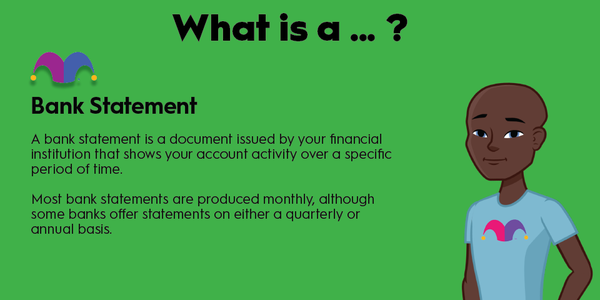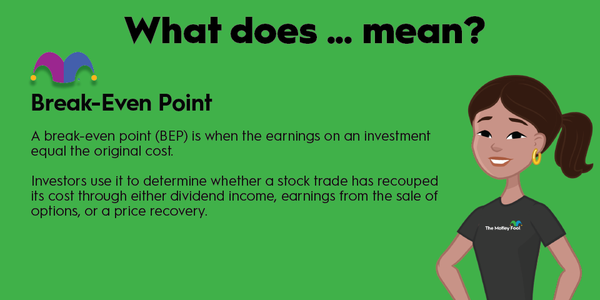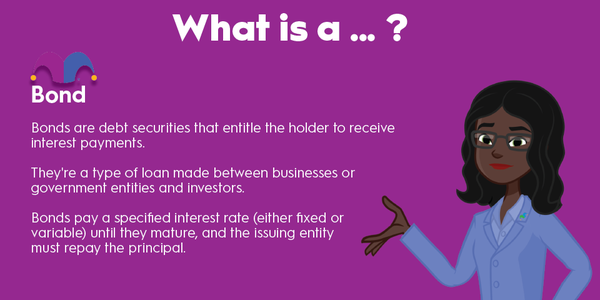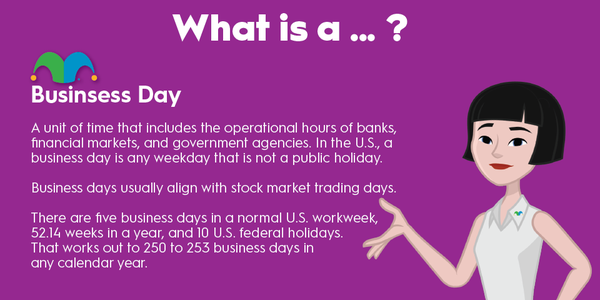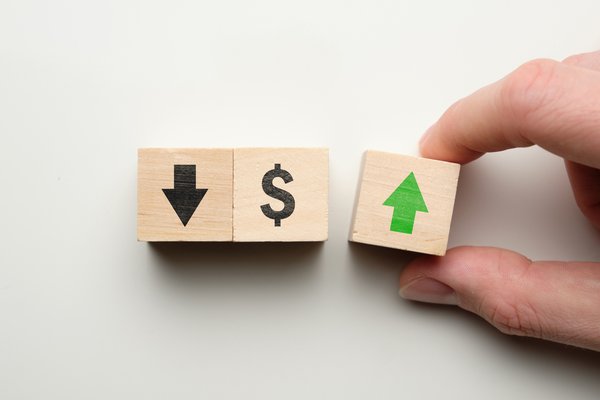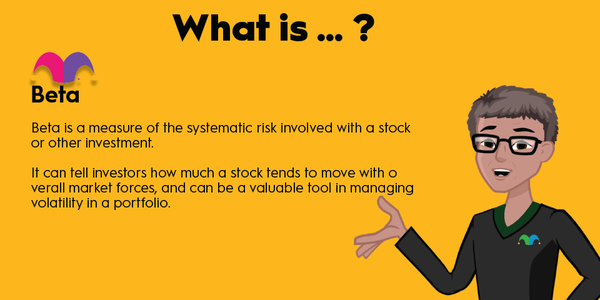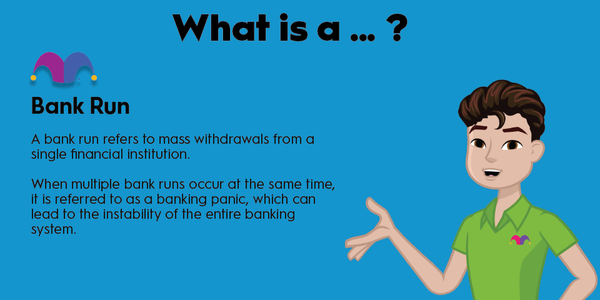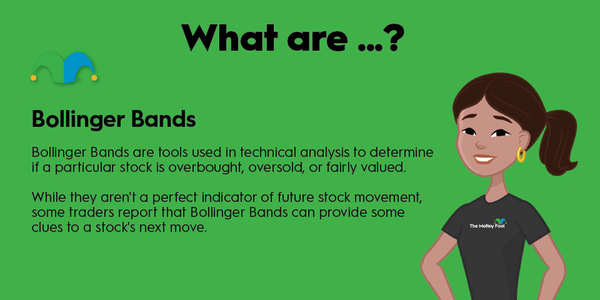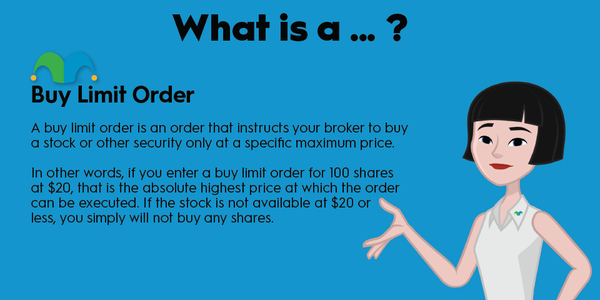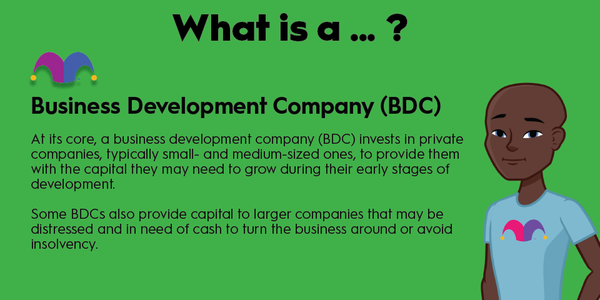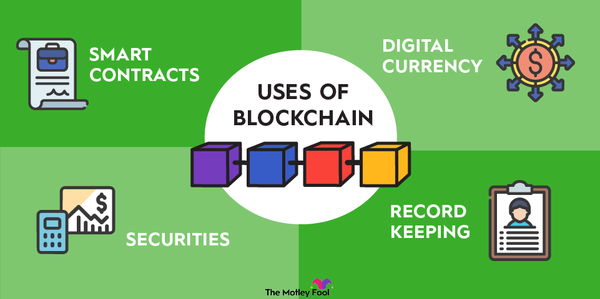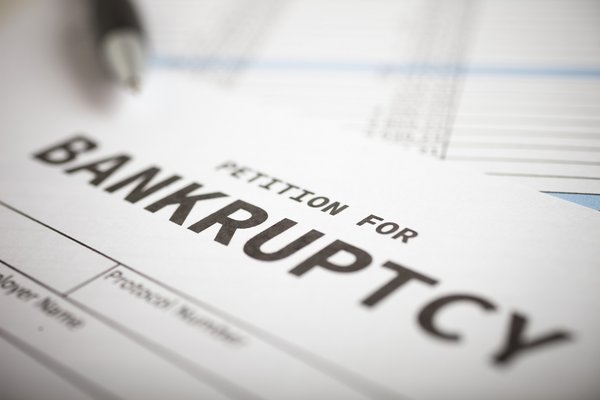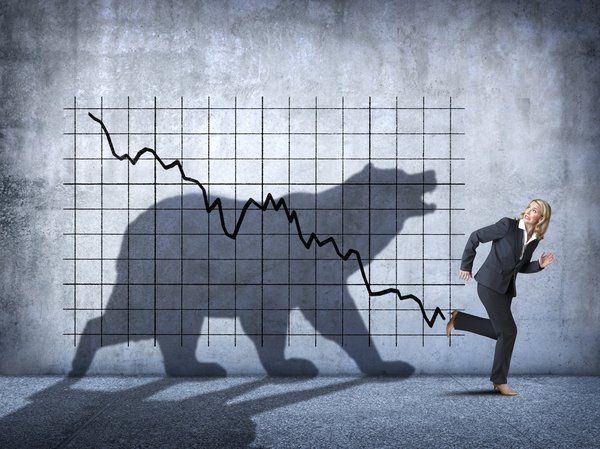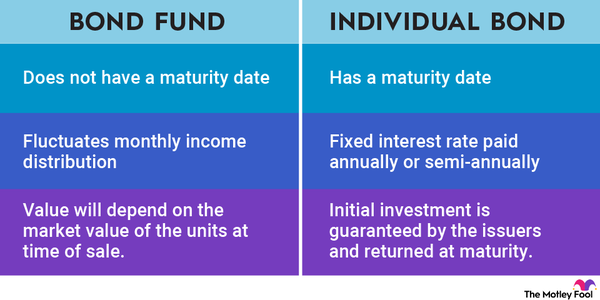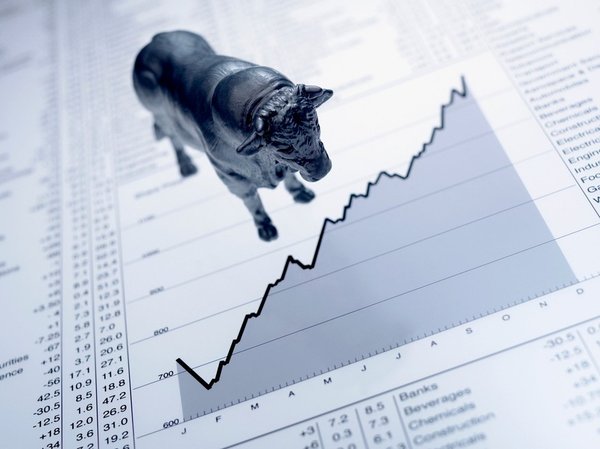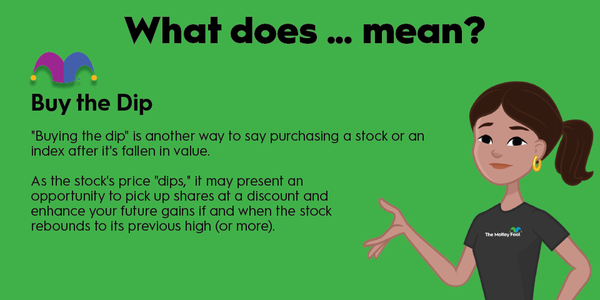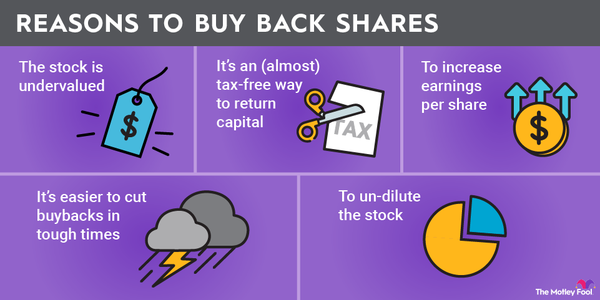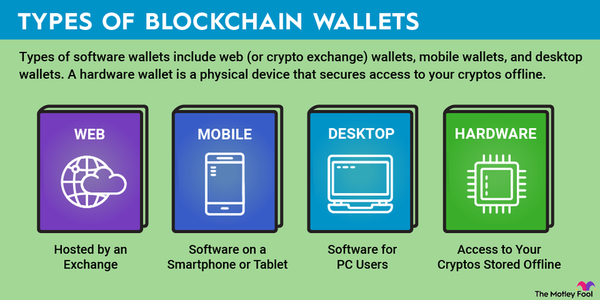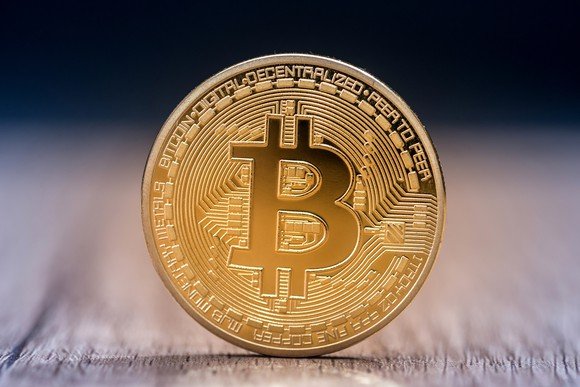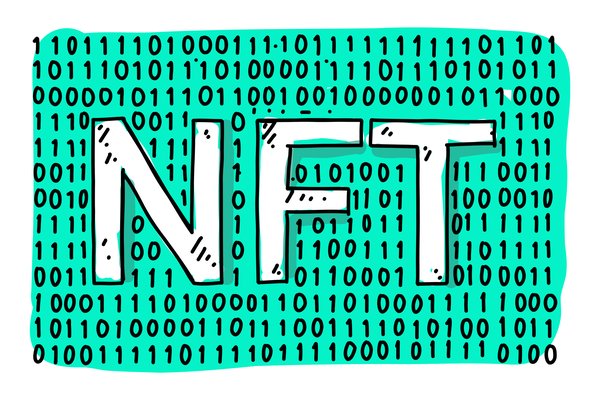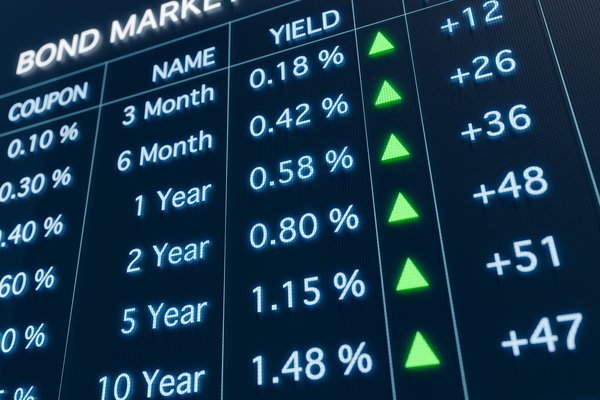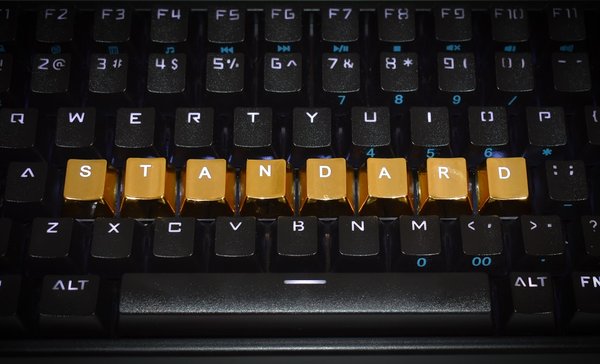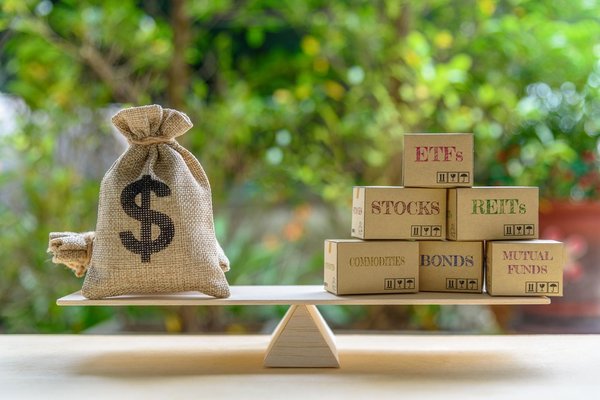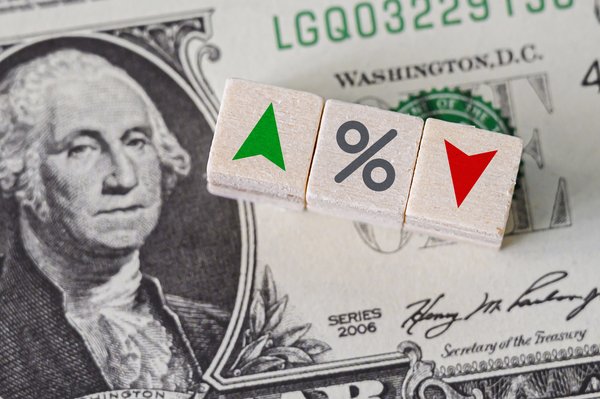If you've ever bought something of significant value from or sold it to a stranger, you've probably used a bill of sale, even if you didn't know what it was at the time. Bills of sale can act as proof of ownership of items with significant value. That can be absolutely anything from cars to soybean futures. Read on to learn more about bills of sale and why they matter.

What is a bill of sale?
What is a bill of sale?
A bill of sale is a piece of paper that proves ownership of an item after a sale. It can be anything, really. However, generally, bills of sale are used with items of value because there's a bit more to drawing them up than simply scribbling a receipt on a piece of paper.
You may use a bill of sale to sell a vehicle, for example, or they can be employed on investments like crop futures. The key is that your bill of sale must represent something physical.
Absolute versus conditional
Absolute bill of sale versus conditional bill of sale
There are two main types of bills of sale. One is an absolute bill of sale; the other is a conditional bill of sale.
An absolute bill of sale is just that -- it represents an absolute sale. Basically, you're giving someone a very complex receipt for something you've sold them. With an absolute bill of sale, no additional terms are attached to the purchase. As soon as it's signed, the transaction is complete.
With a conditional bill of sale, you're setting up a sort of contract. For instance, if you're selling a vehicle to your neighbor, your neighbor will agree to pay you a certain amount to purchase the car. And if they do not, you can take the vehicle back. The bill of sale acts as security in the transaction, ensuring you'll be paid in full for your vehicle per the terms outlined in the contract the two of you hammer out.
The basics
Basics of a bill of sale
Bills of sale aren't complicated legal documents, but they do have several parts. What's required will depend on your state's laws on the matter, so consult with the laws in your state before attempting to use one. But most bills of sale have the following elements:
- Date of purchase
- Names and addresses of both parties
- Amount paid for the ownership being transferred
- Description of the assets being conveyed
- A guarantee that the item can be sold, is clear of any outstanding claims
- Existing warranties, if applicable
- Signatures of both parties, as well as the notary public
If you're using a conditional bill of sale, you should also include the conditions under which you're granting the bill of sale. For example, you might include a condition that your neighbor pays you in six equal installments for the vehicle you sold.
Why do they matter to investors?
Why do bills of sale matter to investors?
Most investors will never see a bill of sale, but one type of investor, the futures investor, very likely will. When you trade commodities, you're dealing in real-world items, not simply shares in a company or a promise to repay a loan, like with a bond.
Share
A bill of sale, also called a delivery instrument, allows you to easily transfer your soybeans, corn, or other commodity you're buying to the final buyer. So, for example, if you buy a grain silo full of wheat, you'll get a bill of sale from the farmer who grew the wheat. Since you don't intend to keep the wheat for personal use (it is a lot of wheat, after all), you'll be reselling it to someone who can use that much wheat.
Related investing topics
Instead of taking delivery of a grain silo's worth of wheat (really, a tremendous amount of wheat), the farmer agrees to let you store the wheat in their silo until you have a final buyer. Then, using a bill of sale, you sell the final buyer the right to the wheat.
The final buyer, with the bill of sale in hand outlining what they bought from you, can then go to where the wheat is stored, present their bill of sale, and collect the wheat from the farmer's silo. In some cases, you won't be the trader to find the final buyer.
Instead, you may sell your bill of sale (your right to an amazing amount of wheat) to another trader, who may sell the bill of sale again to yet another trader until it finally finds its way into the hands of the owner of a shredded wheat factory. This simplifies commodity trading since you only have to sell the rights to the property and don't have to move the property multiple times.


